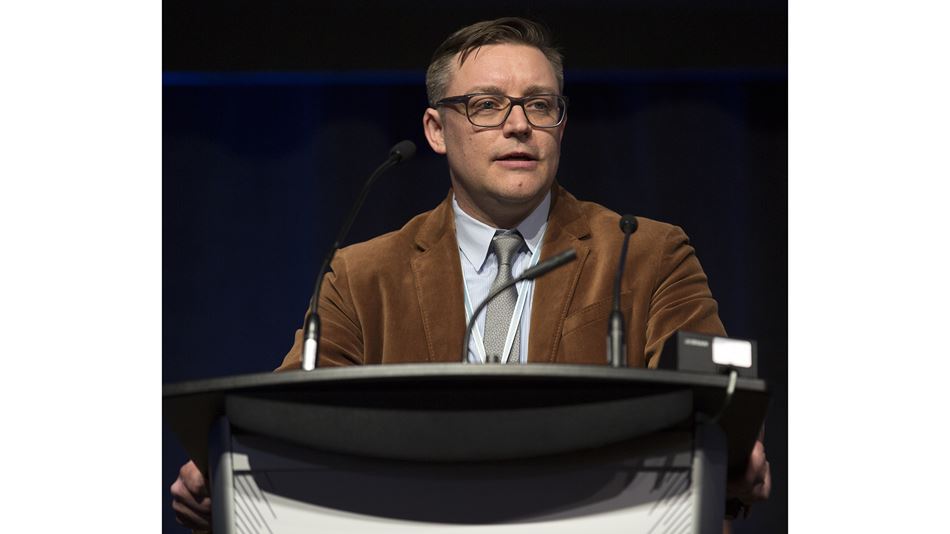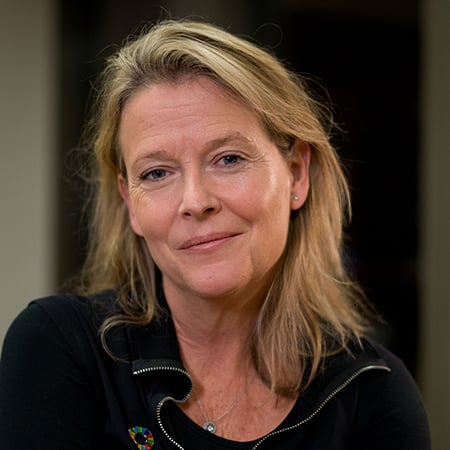 Ria Patel
UKIMEA Press Office,London
Ria Patel
UKIMEA Press Office,London
Seth Schultz will accelerate a global shift to more resilient critical infrastructure – water, energy, transport and communications – in the face of climate change, population growth and resource scarcity
The Resilience Shift, a partnership between Arup and Lloyd’s Register Foundation, is delighted to announce the appointment of a new Global Executive Director, Seth Schultz who takes up the leadership of the global infrastructure resilience initiative on 2 January 2020.
At the end of its third year the Resilience Shift has built a robust knowledge base and a broad community of interest, working in partnership with public and private organisations, to improve the resilience of critical infrastructure for a safer world. Working with many grantees and partners, it has published numerous research materials and guidance on resilience practice in target areas of interest such as urban water resilience.
With the appointment of Seth Schultz, the Resilience Shift enters its next stage with a leadership focused on scaling up its impact globally, so that all those working with infrastructure systems around the globe, will know how they can embed resilience into practice at the different stages of an infrastructure’s lifecycle.
Seth’s career began working in the environmental space, driven by the need to create change in urban sustainability. He has worked with leading and innovative organisations in this space including the Louis Berger Group, the US Green Building Council, the Clinton Foundation, C40 Cities Climate Leadership Group, the Global Covenant of Mayors, and the Intergovernmental Panel on Climate Change (IPCC).

